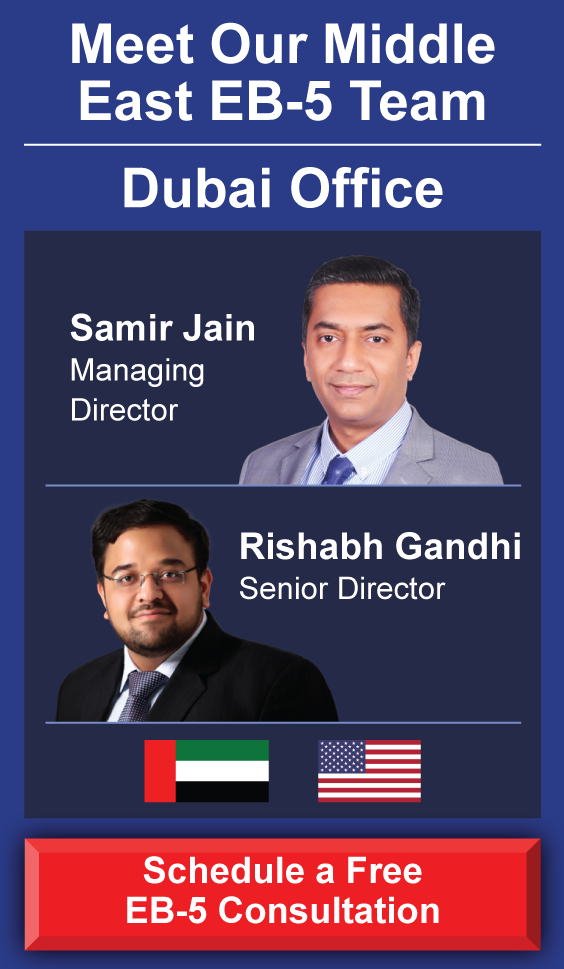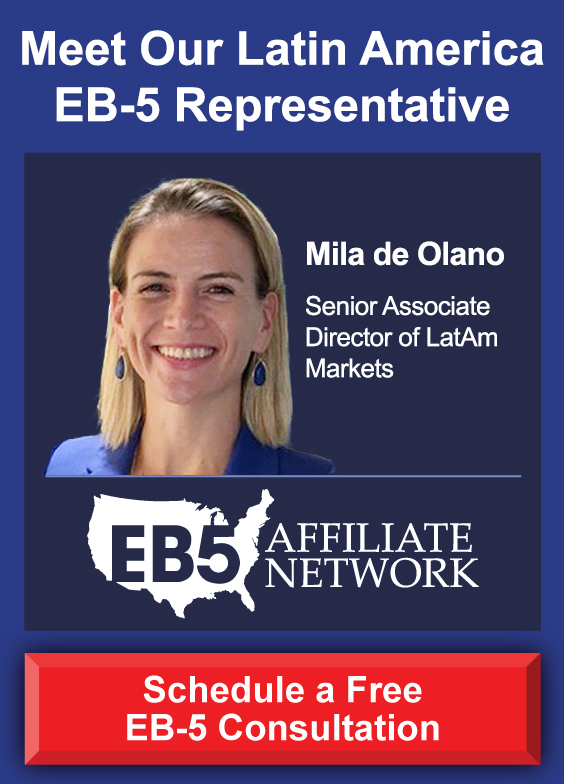
There is a reason that the U.S. Securities and Exchange Commission (SEC) exists. Its primary function is to protect investors from unscrupulous or unethical principals. To do so, the SEC expects its licensed agents to remain highly knowledgeable and current in the world of investments. Salespersons who attempt to circumvent the purview of the SEC are likely to be operating in shady realms of the investment world; any investor considering working with such individuals is asking for trouble, including the complete loss of their investment.
Broker-Dealers and EB-5 Investment Projects
While most people think of an investment broker as a person or company licensed and qualified to sell stocks, bonds, and mutual funds, other investment instruments also operate under the umbrella of the SEC. This includes EB-5 investment projects which have been structured as limited partnerships, with the general partner typically bringing their skills and experience to the table while the limited partners fund the project with their investment dollars.
Investors should view the SEC as an extra layer of protection for their investment. Even though the SEC neither analyzes nor endorses any investment, this oversight and regulatory agency keeps investment managers and broker-dealers honest by requiring and reviewing regular reports and vigorous and thorough auditing of company records. The SEC is empowered to act whenever necessary, including placing an investment into receivership because of inappropriate or illegal actions or denying and closing out an investment that was not properly registered or operated.
Risks Beyond Capital Investments
The top priority of any investor should be to assess the risk of the investment under consideration. While any investment is subject to risk, when an investor understands the risk factors involved in the project under analysis, they reduce the chances of losing their capital funds. In the case of working with unlicensed securities dealers, extra risks abound.
For instance, if the SEC determines that the investment is not properly registered and approved by their agency, they will deny the investment, which forces closure of the partnership. This completely defeats the efforts of the immigrant investor, forcing them to return to the beginning of the immigration petition process. This becomes a bigger issue as time is of the essence, with investors and their families given a two-year conditional residency in which to fulfill the EB-5 employment requirements. An investment denial by the SEC could negate all the hard work done to date.
The Broker-Dealer Connection With an EB-5 Investment
In the beginning of the EB-5 program, most companies raised funds for and managed ongoing EB-5 projects outside the scope and authority of the SEC. However, with the growing demand for EB-5 investments over the past decade, the SEC now looks more closely at EB-5 offerings and expects all managing companies to be registered as broker-dealers or to contract with a broker-dealer. A contracted relationship is beneficial to managing partners, as they can rely upon the broker-dealer to prepare the sales materials and prospectuses that meet the compliance requirements of the SEC.
SEC-registered broker-dealers are also well connected in the legal and investment community and can save the operating partners money through appropriate and professional referrals with track records. Another benefit that accrues to the investors is that the SEC regulates and limits the amount of commissions that can be charged. Often, those commission caps are less than fees charged by unlicensed and unregulated salespersons who are not required to report their commission rates to a regulating body. These savings accrue directly to the investors, reducing the costs of raising money and allowing the operating partners to commit more funds to the project.
Another option some EB-5 companies choose is to either acquire their own broker-dealership or to have some of their executives be licensed with a broker-dealer. This allows the operating company to save commissions they would otherwise have paid out to the broker-dealer hired to raise money from EB-5 investors. For those firms that purchase and operate an existing broker-dealership, there is the extra benefit of having a working system already in place as well as the potential for another positive income stream from the broker-dealer operations that directly benefits the acquiring company.
These savings, in the form of reduced expenses or increased revenues, directly benefit the immigrant investors, as more of their invested funds can be directed towards the development and operation of the EB-5 project.
The Benefits of a Broker-Dealer Relationship
Although some people dislike the idea of government regulators peeking over the shoulder of businesses, there are more advantages than drawbacks to SEC oversight. The SEC saw its beginnings in 1934, when it was founded to restore confidence in the stock markets after the crash of 1929 that kickstarted the Great Depression. Specifically, the SEC required companies to be more transparent about their business operations and to honestly gauge and disclose investment risks. Today, more than 80 years later, this central premise has saved investors billions of dollars through careful oversight and enforcement of regulations.
While private investments can and are formed outside the SEC, the brisk and increased development of regional center investments—the staple of the EB-5 Immigrant Investor Program—quickly caught the attention of this agency. With regional centers accepting funds from as many as 1,000 investors, each of whom is investing a minimum of $500,000, making investment funds with $500 million to deploy, the temptation for unethical characters to defraud investors or charge excessive fees was too great. With the sharp eye and strong arm of the SEC now regulating this huge investment arena, such temptations evaporated quickly.
Because experienced broker-dealers have experience complying with complex and detailed regulations, they are ideal partners to have on board. Many broker-dealers are now specializing in the EB-5 field and have also quickly become experts in the management and filing of the various reports required by U.S. Citizenship and Immigration Services (USCIS), which administers the EB-5 Immigrant Investor Program. In this way, they have become integral partners of top regional centers.
Any foreign national wishing to pursue American citizenship through the EB-5 Immigrant Investor Program must confirm that their investment is placed through a SEC-registered broker-dealer. This provides the greatest assurance that funds will be properly allocated and employed as outlined in the investor prospectus. Working with experienced EB-5 consultants is the best assurance that investment funds are placed in good and ethical hands with proper SEC oversight.











